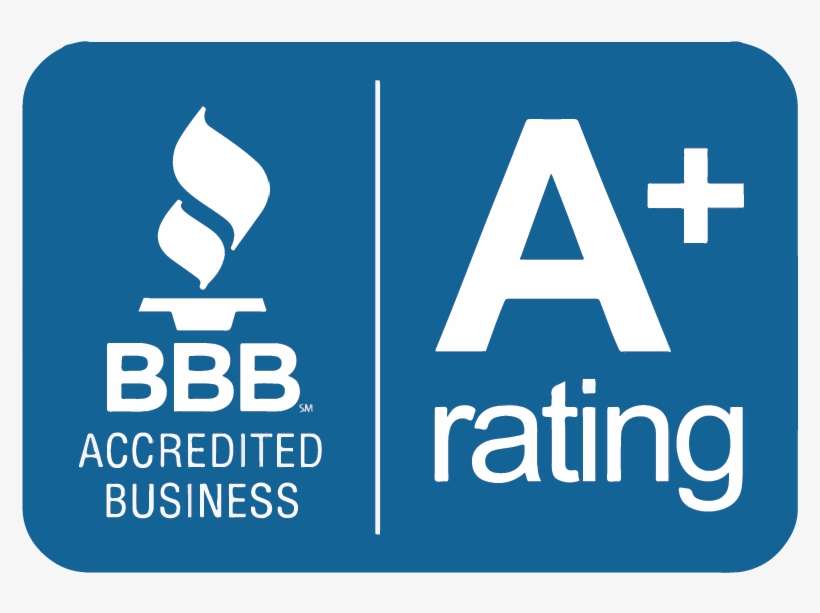Bipolar Quiz
Bipolar disorder is a mental health condition characterized by extreme mood swings, including emotional highs (mania or hypomania) and lows (depression). According to the National Institute of Mental Health, it affects approximately 2.8% of the U.S. adult population each year. These mood swings can significantly impact daily life, making recognizing the signs and symptoms crucial early on. Understanding whether you or a loved one might be experiencing symptoms of bipolar disorder is the first step toward seeking the appropriate help.
This page provides a comprehensive bipolar quiz to help you assess potential symptoms and better understand this condition. By answering the questions in the quiz, you can gain insight into whether your mood swings may be indicative of bipolar disorder. This can guide you in seeking a professional evaluation and bipolar treatment, which may include therapy, medication, and lifestyle changes. Early diagnosis and intervention are key to managing bipolar disorder effectively and improving quality of life.
Bipolar Quiz
This online screening is not a diagnostic tool. Only a trained medical professional, like a doctor or mental health professional, can help you determine the best treatment for you.
What Is Bipolar Disorder?
Bipolar disorder, previously known as manic depression, is a mental illness that causes significant shifts in mood, energy levels, and activity levels. These mood swings can drastically affect a person’s ability to carry out day-to-day tasks, impacting relationships, work, and overall quality of life. According to the World Health Organization, bipolar disorder is one of the leading causes of disability worldwide, underscoring its substantial impact.
Bipolar disorder is generally classified into two main types:
- Bipolar I Disorder: Characterized by manic episodes that last at least seven days or by manic symptoms so severe that immediate hospital care is necessary. Depressive episodes also occur, typically lasting at least two weeks.
- Bipolar II Disorder: Defined by a pattern of depressive episodes and hypomanic episodes, but not the full-blown manic episodes that are typical of bipolar I disorder.
Understanding the differences between bipolar disorder type I vs. type II is crucial for accurate diagnosis and treatment. Early recognition and intervention can significantly improve outcomes for individuals with bipolar disorder.
Signs and Symptoms of Bipolar Disorder
Identifying bipolar disorder can be challenging because its symptoms often mimic those of other mental health conditions. Misdiagnosis is common due to difficulties in differentiating bipolar depression from unipolar depression and the high comorbidity of bipolar disorder with other psychiatric diagnoses. Here are some common indicators to look for:
Manic/Hypomanic Episodes
- Increased energy, activity, or restlessness: This often manifests as an unusual productivity or physical activity surge.
- Excessively high, overly good, euphoric mood: Feelings of extreme happiness and optimism disproportionate to the situation.
- Extreme irritability: Quick to anger and frustration over minor issues.
- Racing thoughts, talking very fast, jumping from one idea to another: This can make conversations difficult to follow.
- Distractibility, inability to concentrate well: Difficulty focusing on tasks or conversations.
- Little need for sleep: Feeling rested after only a few hours.
- Unrealistic beliefs in one’s abilities and powers: Overestimating one’s capabilities, sometimes to a dangerous extent.
- Poor judgment: Making impulsive decisions without considering the consequences.
- Spending sprees: Uncontrollable shopping or spending money irresponsibly.
- Increased sexual drive: Heightened libido and risky sexual behaviors.
- Abuse of drugs, particularly cocaine, alcohol, and sleeping medications: Using substances to sustain energy or calm down.
- Provocative, intrusive, or aggressive behavior: Misbehaving in social settings.
- Denial that anything is wrong: Insisting everything is acceptable despite apparent issues.
Depressive Episodes
- Lasting sad, anxious, or empty mood: Persistent feelings of sadness or anxiety.
- Feelings of hopelessness or pessimism: Believing that things will never get better.
- Feelings of guilt, worthlessness, or helplessness: Self-blame and lack of self-esteem.
- Loss of interest or pleasure in activities once enjoyed, including sex: Withdrawal from hobbies and social interactions.
- Decreased energy, fatigue, or being “slowed down”: Lethargy and lack of motivation.
- Difficulty concentrating, remembering, and making decisions: Cognitive impairments that affect daily functioning.
- Restlessness or irritability: Feeling agitated or easily annoyed.
- Sleeping too much or can’t sleep: Insomnia or hypersomnia.
- Change in appetite and unintended weight loss or gain: Significant changes in eating habits.
- Chronic pain or other persistent physical symptoms not caused by illness or injury: Physical symptoms without a clear medical cause.
- Thoughts of death or suicide, or suicide attempts: Preoccupation with death or suicidal ideation.
Recognizing these signs and symptoms can lead to a more accurate diagnosis and appropriate treatment. Early intervention is key to managing bipolar disorder effectively and improving the quality of life for those affected.
Understanding Bipolar Disorder
Research indicates that both genetic and environmental factors play a role in the development of bipolar disorder. While there is a strong genetic component, stressful life events, trauma, and other environmental factors can trigger or exacerbate symptoms. For more detailed information, see our page on is bipolar disorder genetic or caused by environmental situations?
Living with bipolar disorder can be challenging, but with proper treatment and support, individuals can lead fulfilling lives. Treatment typically involves a combination of medication, psychotherapy, lifestyle changes, and support from family and friends.
If you believe you may have bipolar disorder, it’s essential to seek professional help. Acera Health offers comprehensive treatment programs tailored to your specific needs, whether you require residential or outpatient care.
Our Treatment Programs
Residential Treatment: Our residential program provides round-the-clock support and a therapeutic community for those needing intensive care and a structured environment.
Outpatient Treatment: Our outpatient program offers flexibility for individuals who need treatment but also want to maintain their daily routines. This includes individual therapy, group therapy, and medication management.
Why Choose Acera Health?
At Acera Health, we understand that mental health is a critical aspect of overall well-being. Our experienced and compassionate team is dedicated to helping you achieve stability and improve your quality of life. We offer:
Personalized Treatment Plans: Every individual is unique, and so is their treatment. We tailor our plans to meet your specific needs and goals.
Expert Staff: Our team includes psychiatrists, psychologists, therapists, and other mental health professionals with extensive experience in treating bipolar disorder.
Comprehensive Care: From diagnosis to treatment and ongoing support, we provide a continuum of care to ensure you have the necessary resources at every stage of your recovery journey.
Supportive Environment: Our facilities are designed to provide a safe, comfortable, and supportive environment for healing and growth.
Taking the first step toward getting help can be daunting, but you don’t have to do it alone. If you think you or a loved one might be experiencing symptoms of bipolar disorder, reach out to us at Acera Health. Our team is here to provide the support and guidance you need to navigate your mental health journey.







